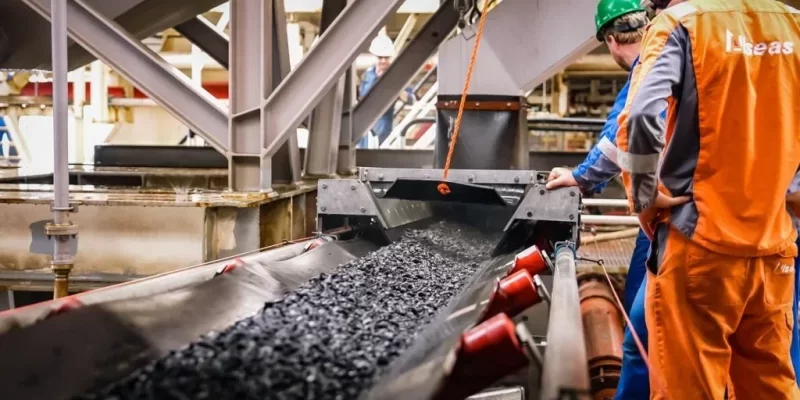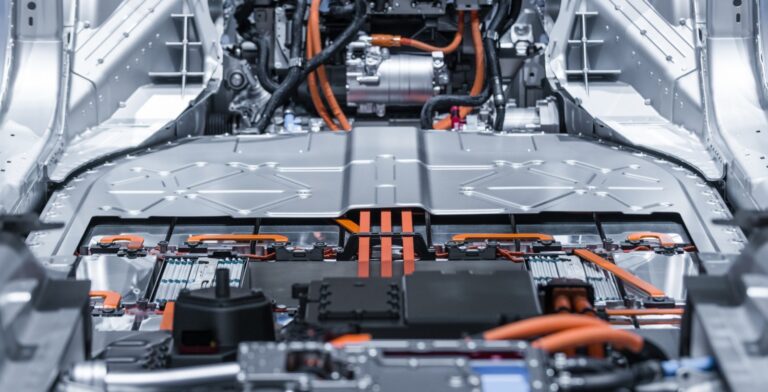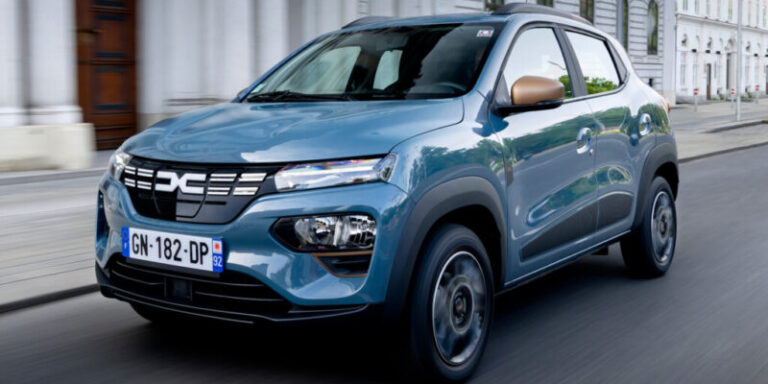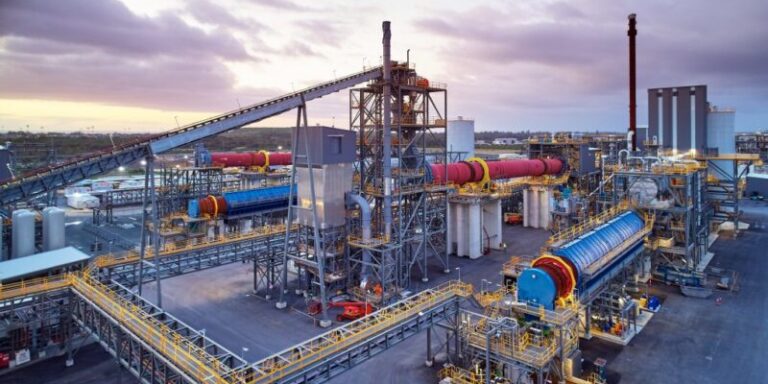
China’s CMOC and Switzerland’s Glencore have taken opposing stances on how to proceed after the suspension of cobalt exports from the Democratic Republic of Congo (DRC), which supplied 76% of the world’s cobalt in 2024.
CMOC is advocating for a swift end to the export embargo, while Glencore-affiliated traders argue that the market must stabilize before Congolese cobalt re-enters the global supply chain.
The issue was addressed during the recent Cobalt Congress in Singapore, in a meeting attended by DRC’s Minister of Mines, Kizito Pakabomba.
CMOC Vice-President Kenny Ives emphasized the urgency of lifting the ban to replenish cobalt inventories in China, warning that continued shortages could push automakers to accelerate a shift to cobalt-free lithium-ion batteries.
In contrast, Glencore’s trading arm insists that the DRC and other producers must better manage supply, noting that oversupply led to the initial decision to impose the ban.
The divide highlights growing strategic tensions between CMOC and Glencore, two of the world’s largest cobalt producers.
Both companies have continued production despite the ban, which is scheduled to expire on June 22, 2025. However, DRC authorities have yet to confirm whether it will be extended.
President Félix Tshisekedi has indicated the possibility of an extension and is also weighing the introduction of export quotas—an approach Glencore is reportedly willing to support.
Since the embargo was imposed, cobalt prices have surged over 50%, rising from $21,000 per tonne in February to above $33,000 on the London Metal Exchange.





